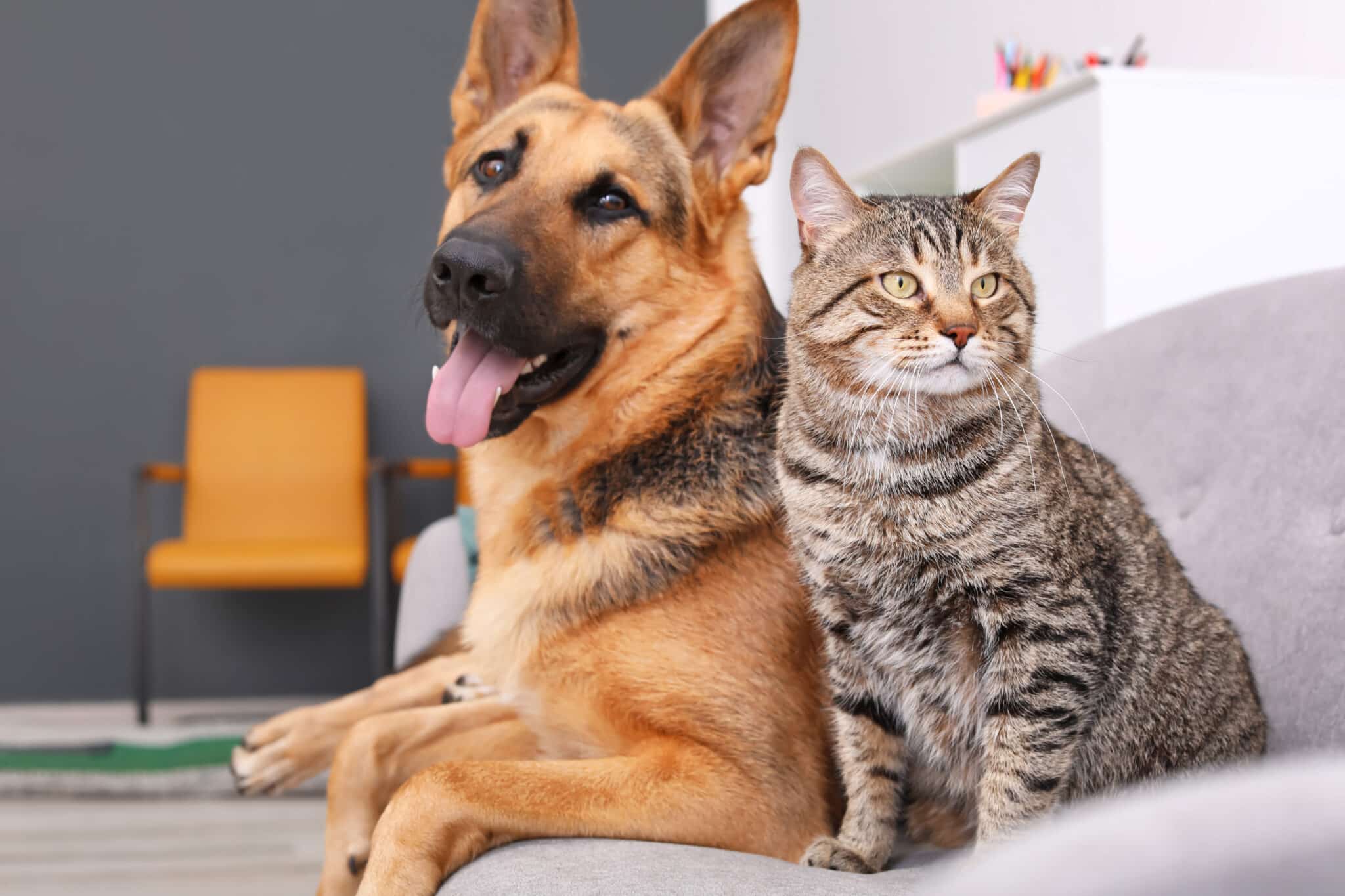A recent study has revealed a troubling trend: pets are increasingly being exposed to illegal drugs in their own homes. Since 2019, cases of accidental drug ingestion or exposure among pets have risen significantly, raising concerns about the safety and well-being of animals living in households where illegal substances are present.
Key Findings from the Study
- Rise in Cases: Veterinary clinics and animal poison control centers have reported a noticeable increase in cases of pets exposed to illegal drugs, including marijuana, cocaine, methamphetamine, and opioids.
- Common Scenarios: Pets often ingest drugs accidentally when they find them within reach, such as on countertops, floors, or in unsecured containers. In some cases, pets are exposed to secondhand smoke or residues.
- Health Risks: Exposure to illegal drugs can have severe consequences for pets, including seizures, respiratory distress, heart problems, and even death.
- Most Affected Pets: Dogs are the most commonly affected, likely due to their curious nature and tendency to scavenge, but cats and other pets are also at risk.
Why the Increase?
Several factors may contribute to the rise in pet exposure to illegal drugs:
- Increased Drug Use: The study suggests that higher rates of illegal drug use in certain areas may be a contributing factor.
- Lack of Awareness: Pet owners may not realize the dangers that these substances pose to their animals.
- Accessibility: Drugs left in easily accessible locations increase the risk of accidental ingestion by pets.
- Legalization of Marijuana: While marijuana is legal in some regions, its increased availability has led to more cases of pets ingesting cannabis products, which can be toxic to animals.
Symptoms of Drug Exposure in Pets
If you suspect your pet has been exposed to illegal drugs, watch for these signs:
- Marijuana: Lethargy, vomiting, drooling, lack of coordination, and urinary incontinence.
- Cocaine or Stimulants: Hyperactivity, elevated heart rate, tremors, seizures, and agitation.
- Opioids: Extreme drowsiness, slowed breathing, pinpoint pupils, and unresponsiveness.
What to Do If Your Pet Is Exposed
- Seek Immediate Veterinary Care: Time is critical in cases of drug exposure. Contact your veterinarian or an emergency animal hospital right away.
- Provide Information: Be honest with the vet about what your pet may have ingested. This information is crucial for proper treatment.
- Prevent Further Exposure: Secure all drugs and hazardous substances in pet-proof containers or out of reach.
How to Protect Your Pets
- Store Drugs Safely: Keep all medications and illegal substances in secure, pet-proof containers.
- Be Mindful of Secondhand Smoke: Avoid smoking or using drugs near your pets, as they can be affected by secondhand exposure.
- Educate Yourself: Learn about the dangers of specific substances and how they can harm your pet.
- Pet-Proof Your Home: Regularly check your home for potential hazards and ensure your pet cannot access dangerous items.
The Bigger Picture
The rise in pet exposure to illegal drugs is not just a concern for animal welfare—it also reflects broader societal issues related to drug use and safety. By addressing these challenges and promoting responsible pet ownership, we can create safer environments for both humans and animals.
Conclusion
Pets are vulnerable members of our households, and it’s our responsibility to protect them from harm. The increase in drug-related exposures since 2019 is a stark reminder of the dangers that illegal substances can pose to animals. By taking proactive steps to secure drugs and educate ourselves, we can help ensure our pets stay safe and healthy.
If you suspect your pet has been exposed to illegal drugs, don’t hesitate to seek help. Your quick action could save their life.




Leave a Reply